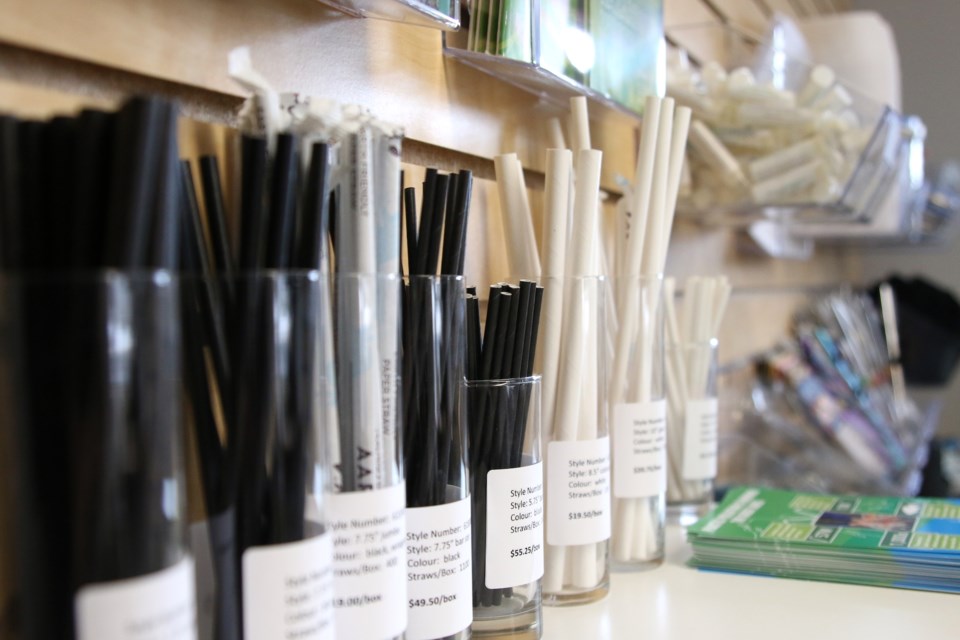THUNDER BAY - The Ontario government is seeking input on how to reduce waste and litter in the province and one of the questions being raised is if a single-use plastic ban would be effective, but that is something the city of Thunder Bay is not ready for say environmental leaders.
“We are not ready for a policy change here in Thunder Bay, not yet, not without the supply chain being steady for alternative products for single-use plastics,” said Shannon Costigan, project supervisor with EcoSuperior Environmental Programs. “A policy change at this point isn’t going to be successful.”
Earlier this month, the Ontario government released a discussion paper on reducing waste and litter in communities, covering topics such as diverting food and organic waste, increasing opportunities to reduce waste, and reducing the amount of plastic going into waterways and landfills.
The paper is not calling for a ban on single-use plastics, but rather puts the question to the people of Ontario whether or not they believe a ban on single-use plastics will be effective in reducing waste.
“We are really excited that the Ontario government is starting to talk about plastic pollution and its prevention as part of its policy directions for the upcoming years,” Costigan said. “That’s really good news for Ontario and the protection of our waterways.”
Single-use plastics may include food packaging, straws, bags, bottles, and a variety of other products. Some jurisdictions have introduced a ban on single-use plastics or are considering one, but Costigan said there are challenges in Thunder Bay when it comes to a ban.
“Right now, we are limited in our purchasing options from a consumer and distributor standpoint,” she said. “Our selection for alternatives to plastics is limited and when they are available, they tend to come at a higher price point, which is detrimental to small businesses and consumers at a personal level.”
But that does not mean change cannot happen here. In 2017, EcoSuperior launched its Last Straw campaign aimed at reducing the number of plastic straws in local restaurants following a 2014 fish survey conducted by an American research team on Lake Superior that found microplastics in 188 samples taken from across the lake.
“The program has been very well received and there has been a lot of interest from local business, chain businesses, as well as the general public who are really happy to see that change occurring,” Costigan said.
Costigan added that when industry takes the lead, it can create change faster than a policy change, and steps such as coordinated buying of alternative products like paper straws, could result in less plastic in area waterways and landfills.
“It is certainly something we can overcome by working together and making sure there are solutions locally,” she said.
Feedback on the discussion paper is being collected until Apr. 20. Comments can be submitted online.
